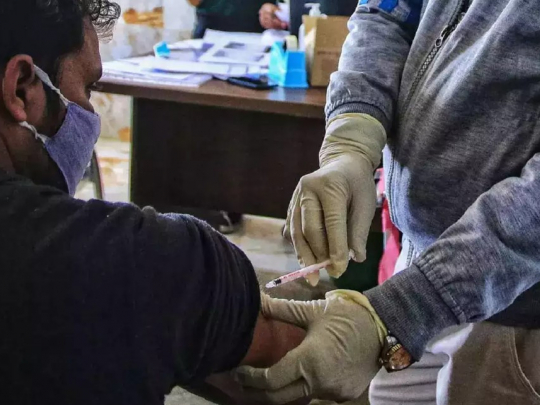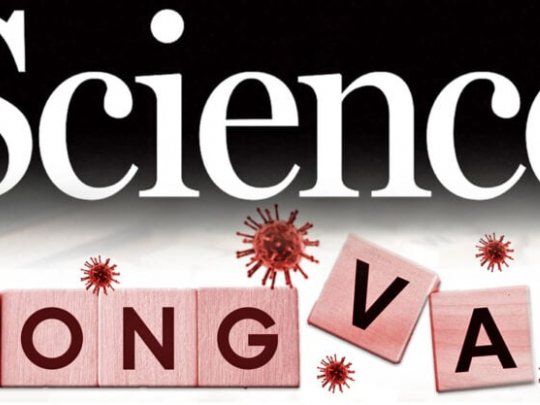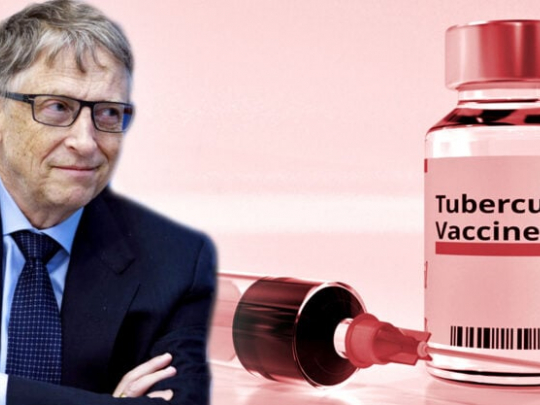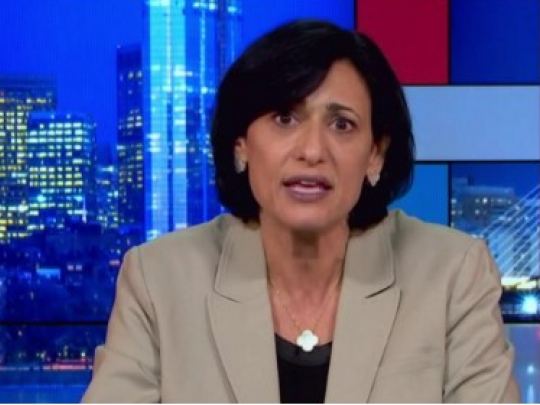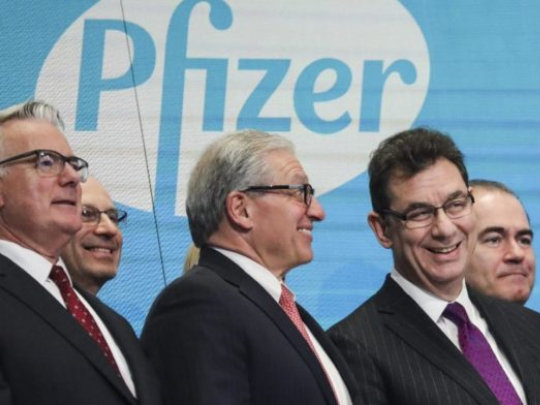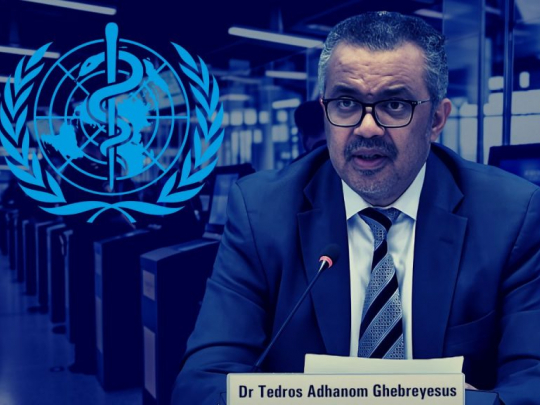Pfizer Accused of Paying Experts To Spread Lies About COVID Vaccine Reveals Explosive Documentary

In an explosive documentary, Pfizer is being accused of paying experts to spread lies about the COVID vaccine, challenge the quality and discredit the vaccine produced by its competitor AstraZeneca.
- Pfizer-sponsored researchers made many false claims in slides about it’s competitors vaccine.
- It was claimed that an AZ injection could cause cancer and prove threatening when given to some people.
- It was also reported that Pfizer needed merely 76 pence to manufacture it’s vaccine, which sells in the UK for £22.
- The allegations are being made by Channel 4 as a result of investigation, which will air later this week.
- Pfizer has rejected all allegations that it has done work to undermine other scientific efforts.
It is believed that Pfizer funded a presentation in which the speaker claimed that an injection of AZ could cause cancer and was dangerous for patients with weakened immune systems, reported Dailymail.
The speech was said to have been held at an educational seminar in Canada last year, but the details of how many people were in attendance or if it was merely an isolated event still remain unclear.
The quite damaging claims were cast light upon in a Channel 4 Dispatches investigation which is set to air on Friday night.
Pfizer explicitly denied the allegations that they were trying to undermine AZ vaccine, saying the presentation was ‘wrongly attributed’ upon the American drug giant and was constructed by a third party.
One other thing that came out of the investigation was the fact that the production costs for the Pfizer vaccine was a mere 76p per shot.
However, Pfizer charges the UK Government £22 per dose, which is almost a 3,000 per cent mark-up on the production cost.
The Channel 4 Dispatches investigation Vaccine Wars: The Truth About Pfizer is set to air on Friday at 7.30pm.
Pfizer went onto state that estimated production cost of 76p was ‘grossly inaccurate’ and hadn’t taken several steps like clinical studies, manufacturing on a massive scale and global distribution into consideration.
Earlier this year, healthcare professionals in Canada were briefed on the technology used in the Pfizer vaccine in the presentation.
The conversations reportedly contained a series of slides full of misinformation, including claims that the vaccine technology AZ used could result in the vaccine itself being incorporated into the recipient’s genetic code and causing a tumor.
Professor Sir Andrew Pollard, director of the Oxford Vaccine Group, which developed the AstraZeneca vaccine, denied the allegations and firmly warned of the dangers that spreading misinformation about the vaccine could potentially cause.
“There is huge risks of misinformation, because anything that makes people hesitate about being vaccinated can risk their lives,” he said.
“It can undermine and impact on decisions that people make about their own health, but also create uncertainty for policymakers.”
“We refute any suggestion that Pfizer has sought to undermine others’ scientific endeavours.”, stated a Pfizer spokesperson in response.
“Our priority has always been getting high-quality, well-tolerated and effective vaccines to patients all over the world as quickly as possible and to help put an end to this deadly pandemic.”
Pfizer funded a foreign third party agency with an independent scientific committee to launch a vaccine education program in Canada after the company’s vaccine gained approval in the country, the spokesperson said.
Pfizer did so after ‘numerous requests from Canadian health professionals’, the spokesman said.
Channel 4’s investigation also found that Pfizer’s contract with the UK resulted in its inability to be taken into court in the event of a legal dispute between the UK government and Pfizer.
As an alternative, Pfizer and the UK have managed to agree on a secret arbitration panel.
The UK are legally bound to not say whether it is in dispute with Pfizer, what the dispute is on or how the secret arbitration will turn out.
The UK apparently remains the only developed country that has agreed to abide by this demand by Pfizer.
The Pfizer vaccine makes use of mRNA vaccine technology. After it is injected into the body, it penetrates the cells and conveys the need to the cells to produce antigens. The immune system recognizes these antigens and prepares them to fight COVID-19.
One of the disadvantages of mRNA vaccines is that they have to be stored at extremely low temperatures and are not easy to transport.
In contrast, the AstraZenecas jab, developed by Oxford University scientists, uses conventional viral vector technology that creates a genetically modified virus to produce Covid-like spike proteins.
AstraZeneca very famously produced their vaccine for COVID at cost, which implies that it sold at exactly its production cost, £3.60. This resulted in them loosing out on a potential revenue of £21billion.
This unprecedented decision led to the World Health Organization referring to it as the “Vaccine for the World”.
Pfizer is leading the number of vaccines ordered in the UK and Europe as AstraZenecas has been linked to blood clotting side effect and was proven to be slightly less effective as a booster dose.
The investigation into Pfizer comes as a result of the company’s stakeholders pocketing what is estimated to be £3.9billion of profit from the latest vaccine frenzy caused by the arrival of COVID variant, Omicron.
The pharmaceutical giants’ stocks rose 7.4 percent in the seven days to November 30 after South Africa warned the world about the mutated strain on November 24.
In the weeks following the discovery of Omicron, investment firm Vanguard Group Inc raised the most most money from Pfizer shares, bringing their total value to £1.3 billion.
Albert Bourla, chief executive at Pfizer, oversaw his stock increase by almost £257,000 throughout the week.
- Source : GreatGameIndia





